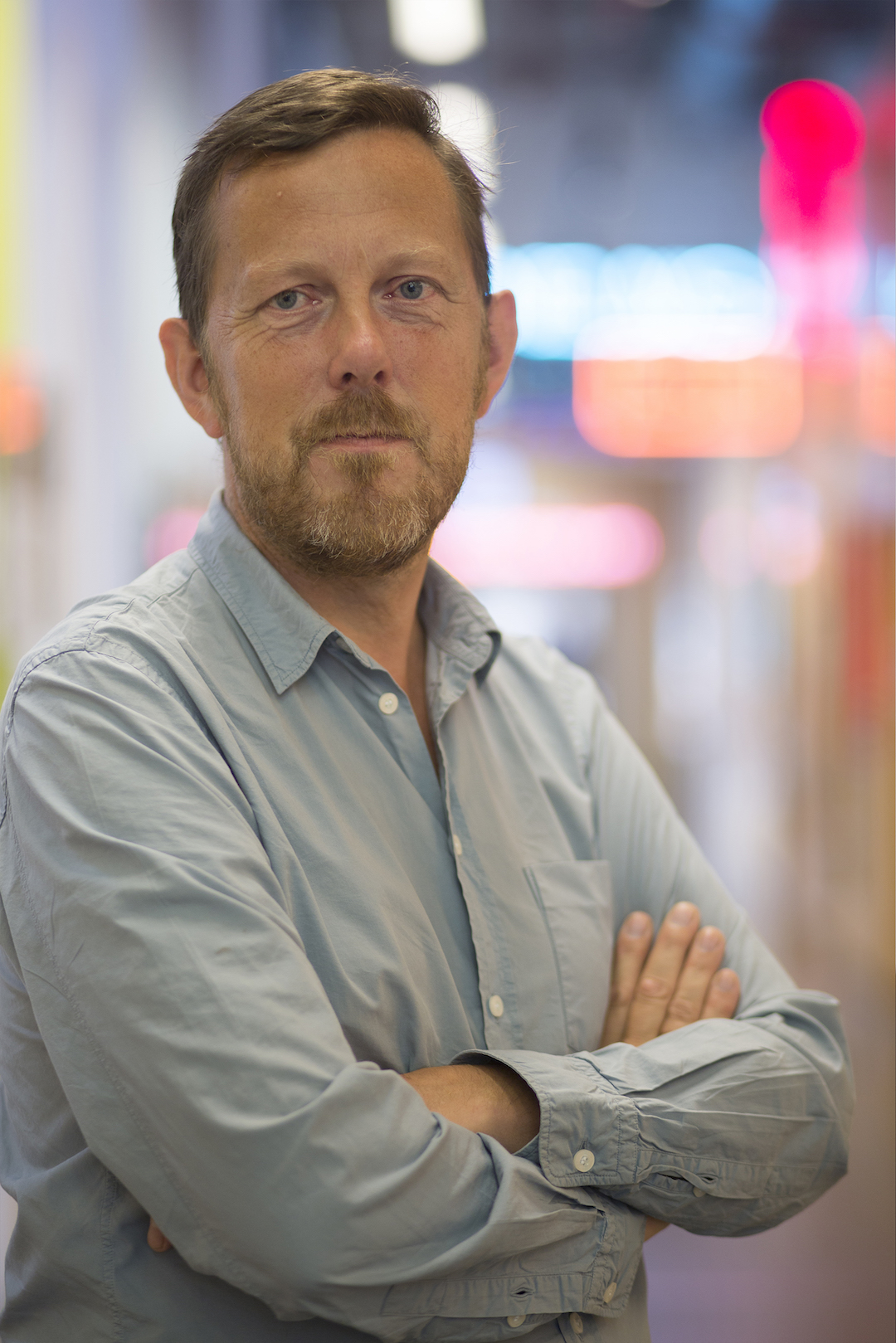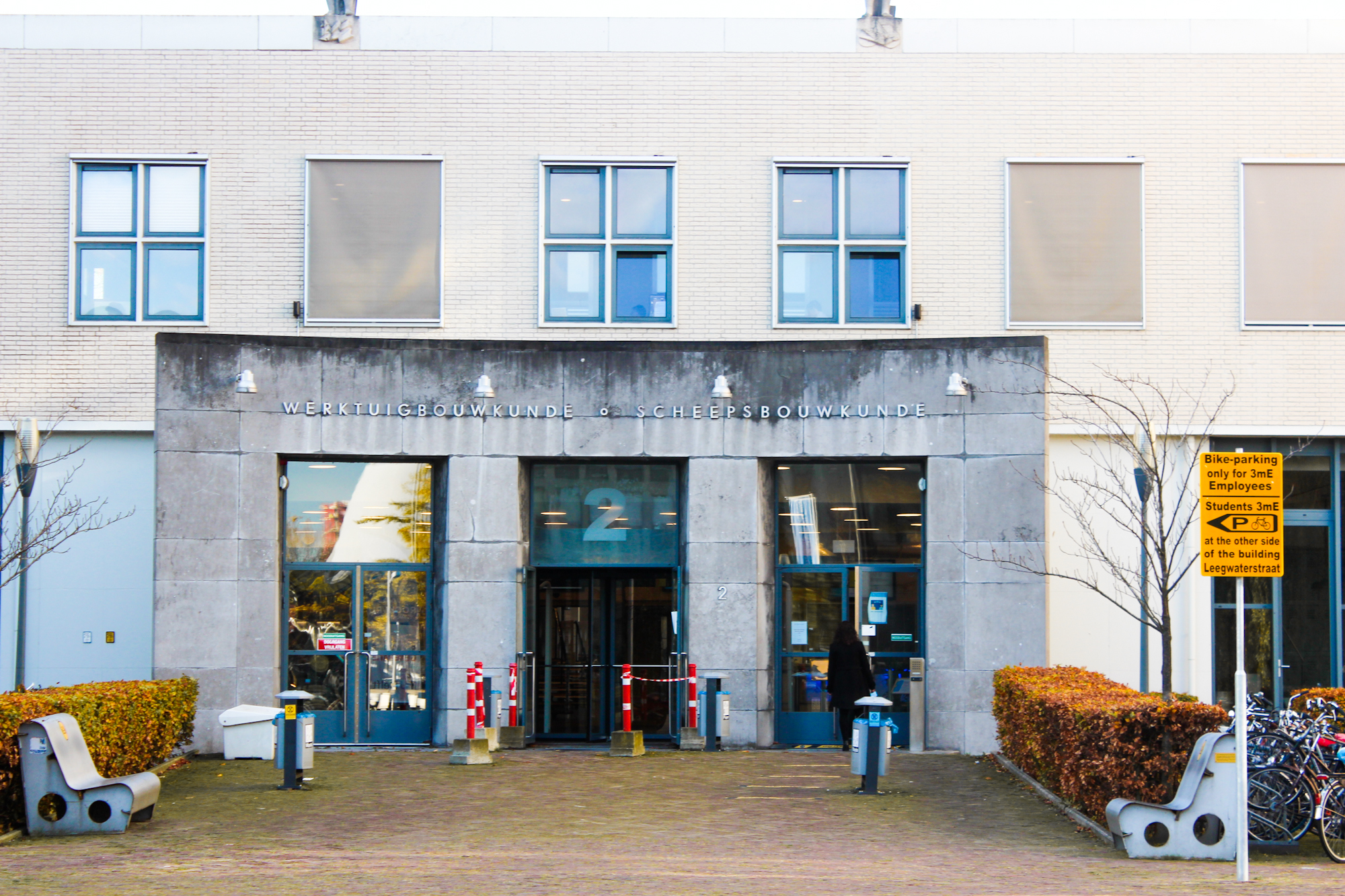‘Total online education is difficult to sustain’
After almost nine months of online education, the end is not yet in sight. How can we monitor students’ well-being if we hardly ever meet them in the flesh? Alumnus Dirk van Gameren, Dean of the Faculty of Architecture and the Built Environment, has been focusing on this issue since the start of the corona outbreak.
A recent survey of students showed that they themselves are not so dissatisfied with the teaching. “We see that the transfer of knowledge is no problem”, explains Dick van Gameren. “Online, it’s also really easy to call on people from within and outside the university to give a presentation or join a discussion.” But studying should be about much more than just transferring knowledge. Building a network, gaining an all-round education and just having the time of your life – there is currently hardly any scope remaining for these aspects. Hardly surprising then that 30% of students admit to being poorly motivated.
“Total online education is difficult to sustain. Students miss meeting each other and collaborating. That’s a major issue. Another problem is the lack of a good workspace. No wifi, no space, no peace or quiet”, explains Van Gameren.
He chairs the taskforce established in the spring. It is now part of the Study Climate group, in which the Executive Board, Education & Student Affairs and the Study Climate programme are focusing on student well-being in the time of coronavirus.
“Study Climate used to be about study workload. That has a lot to do with student well-being, but there are now new, coronavirus-related issues for the group to deal with. There are also numerous student initiatives focusing on student well-being. We try to keep track of them all, identify any gaps and fill them.”
Support
Although the group cannot solve every problem, there is a lot of practical and emotional support. “For students struggling to work at home, there are safe workspaces, such as in the Library. We plan to extend this, enabling students also to come at other times.” In addition to extra space, another key priority is the availability of psychologists and academic counsellors. “We need to ensure that students can continue to share their concerns and problems. That way, they know the right way to find professional help and can also support each other.” All of this starts with effective communication. “The information provided must be clear and comprehensive, otherwise people no longer read it. That’s another priority.” The website now features all relevant student welfare information in a single place.
First-year students remain a cause for concern. “It is just really difficult for them. How do you create a new life for yourself in this situation? You want to get to know people and there are only limited opportunities for that in classes. As a result, first years are now extra eager to join study and sports associations, which also have limited capacity. Imagine: there's no place for you and you feel rejected again.”
Graduating students are also struggling. “It’s a difficult time to find work and imagine a life after your degree. Alumni could definitely play a useful role in that”, believes Van Gameren. “We also need to arrange more internship positions. I’m a partner at Mecanoo. Even there, a lot of people are working at home, but we offer graduating students and interns a safe place where they can work together and get support.”
A new lockdown is now looming. “What happens if we have to close again? We could possibly organise some workspaces. We may be able to keep the buildings open, but teach online. We no longer need to work out from scratch how to do it. But lecturers just prefer teaching in person.”
As an alumnus, you can do something to help students. Students Job Vlak and Thijs de Jongh are calling on people to facilitate study places in the Delft area. You can find more information at alumni.tudelft.nl/studieplekken.

